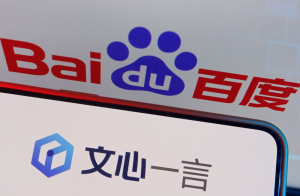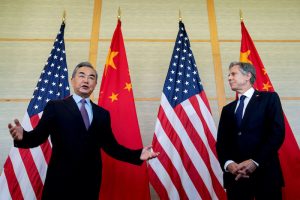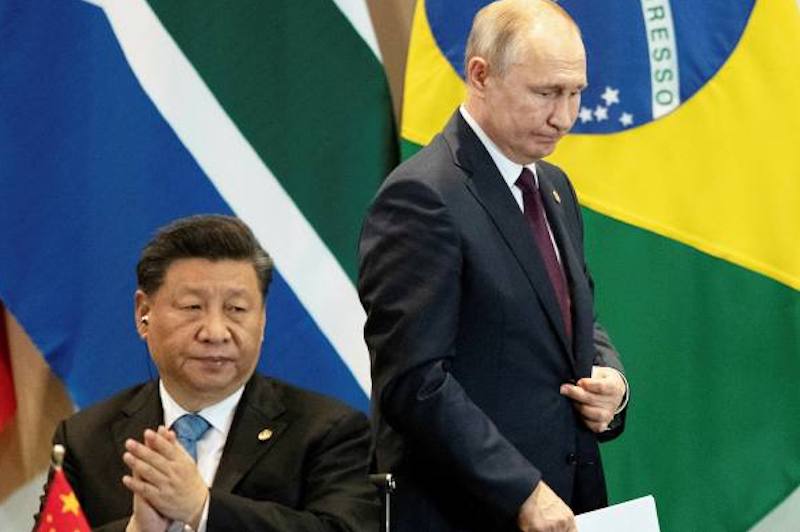Chinese quant hedge fund managers are turning to ChatGPT-style tools to aid decision-making, as China’s post-Covid recovery wanes and competition rises in the country’s 20 trillion yuan ($3 trillion) private fund industry.
The emerging AI technology has sparked a global frenzy since the release of the widely popular Microsoft-backed OpenAI chatbot.
“ChatGPT is an epoch-making application … It can draw conclusions from a complicated network of relationships with numerous dimensions in ways human brains cannot,” said Steve Chen, partner of Shanghai-based MX Capital. “Exploring its ability is now our main focus.”
His hedge fund already uses ChatGPT to better understand a company’s fundamentals and avoid value traps, project earnings power, and identify investment opportunities and risks.
Also on AF: Global Economy Showing Signs of De-Dollarisation, Says JPMorgan
ChatGPT, trained using a huge amount of data, can write poems, compose music, draw paintings, and generate other strikingly humanlike responses based on user prompts.
A ChatGPT-like tool boosts quants’ ability to process text-related data, said Feng Ji, chairman of Baiont Capital.
“We were also inspired by ChatGPT to build large models using trading data, instead of text,” Feng said.
Feng’s hedge fund, backed by former Google China chief and AI veteran Kai-Fu Lee, has invested heavily in hardware to enhance computing power required for model-training.
High-Flyer, among China’s biggest quant funds, has hailed advanced AI as the “greatest innovation of our times”.
In April, High-Flyer announced the setup of a research unit to explore disruptive AI technologies.
Last week, Beijing-based asset manager Zhishan Investment said it would deploy AI robot “Cybertron” across all products and use it to help reshape its investment methodology.
Baiont Capital’s Feng is more ambitious, seeking to let robots take full control of the investment process – from data analysis and prediction, to decision-making and execution.
Regulators Worry About Generative AI Impact
Feng’s Nanjing-based company uses high-frequency trading strategies and recruits only computer scientists, not Wall Street traders.
Robots do a much better job than humans in forecasting share moves over the next hour as “machine learning is designed to make such predictions”, Feng said.
While ChatGPT-like tools have stirred excitement, the race to develop and adopt powerful AI services has also fuelled anxiety about privacy, safety and job security.
Regulators are looking for ways to tackle the impact of generative AI technology. In China, where technology giants such as Alibaba, Sensetime, and Baidu have ramped up AI bets, regulators unveiled draft measures in April giving them greater oversight of the technology.
Larry Cao, senior director of research at CFA Institute, cautioned the technology could put at stake jobs of bankers and fund managers working in areas where data is easily accessible.
“If you’re an analyst just telling people the story that everybody is telling other folks, what’s your value-add? I can just ask ChatGPT, right?” said Cao, editor of a newly published handbook on how to apply AI and Big Data in investments. “The threat is real but it’s not tomorrow.”
- Reuters with additional editing by Sean O’Meara
Read more:
Japan Watchdog Warns ChatGPT-Maker OpenAI on Data Privacy
Beijing Unveils Sweeping Laws to Regulate ChatGPT-Like AI Tech
AI Stocks Jump on Upbeat C3.ai Forecast, ChatGPT Boom
China Wants To ‘Integrate’ ChatGPT-Like Tech in its Economy
























